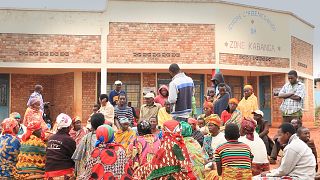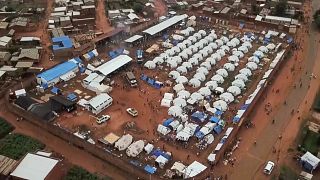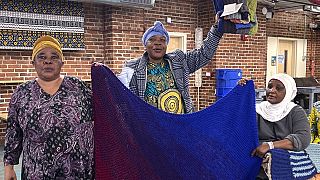Burundi
Less than five months before the 50th anniversary of the of 1972 events in Burundi, the Truth and Reconciliation Commission (TRC) described this crisis as genocide against the Bahutu, during the presentation of its progress report to the Parliament on Monday 20th of December.
During its three years of activity, Pierre Claver Ndayicariye, president of the TRC, said that 692 mass graves were identified and in the 190 already opened, human remains of 19,897 victims were found. Thus, the TRC proceeded to the qualification.
"The Truth and Reconciliation Commission solemnly declares this 20 December 2021 that the crime of genocide was committed against the Bahutu of Burundi in 1972-73" announced Pierre Claver Ndayicariye, President of the TRC.
For the Collective of Survivors and Victims of this crisis, it is a breath of relief, while for other Burundians it was a disappointing outcome.
"We have a feeling of satisfaction but not total satisfaction. Especially since this is only a step, a step that has opened up the truth, a step that has shed light on an event that had been hidden for a long time" said François-Xavier Nsabimana, president of the Collective of Survivors and Victims.
The 1972 crisis began on the 29th of April in Rumonge, in the south of the country, with targeted attacks against the Tutsis.
Indiscriminate repression against the Hutus, the majority ethnic group, followed at the national level under the 1st Republic led by Michel Micombero.











Go to video
Sudan: Rapid Support Forces attack in western Darfur kills at least 30, according to activist group
Go to video
DRC: Goma Christians celebrate Easter under rebel rule
Go to video
Congo suspends Kabila's political party over rebel 'ties'
01:06
Sudan: Thousands flee, more remain trapped in RSF attack on Darfur camp
Go to video
South Sudan: top UN official in the country warns of risk of new civil war
Go to video
Sudan: Rapid Support Forces leader announces rival government